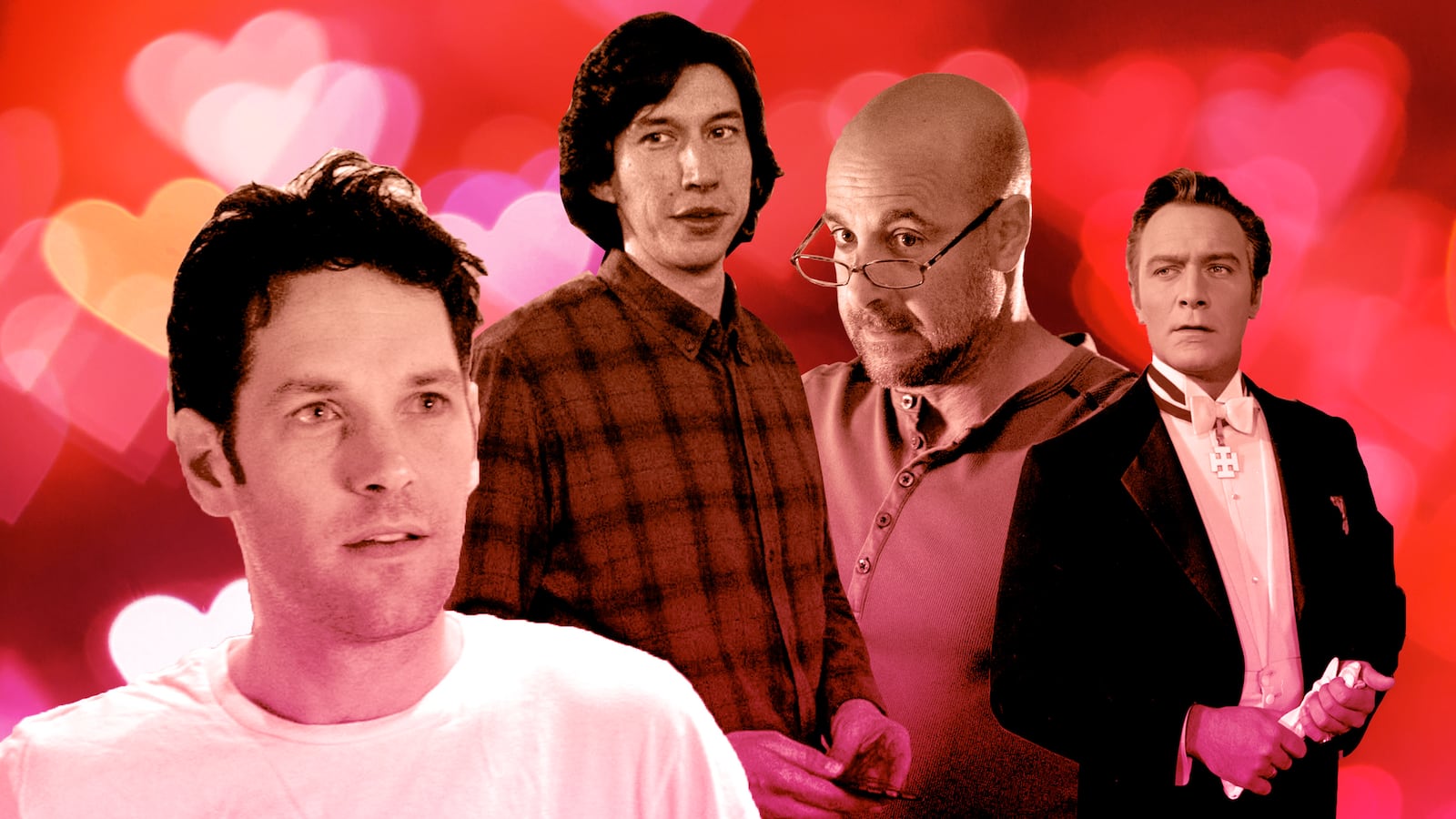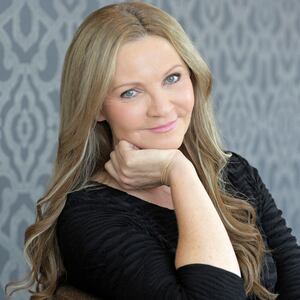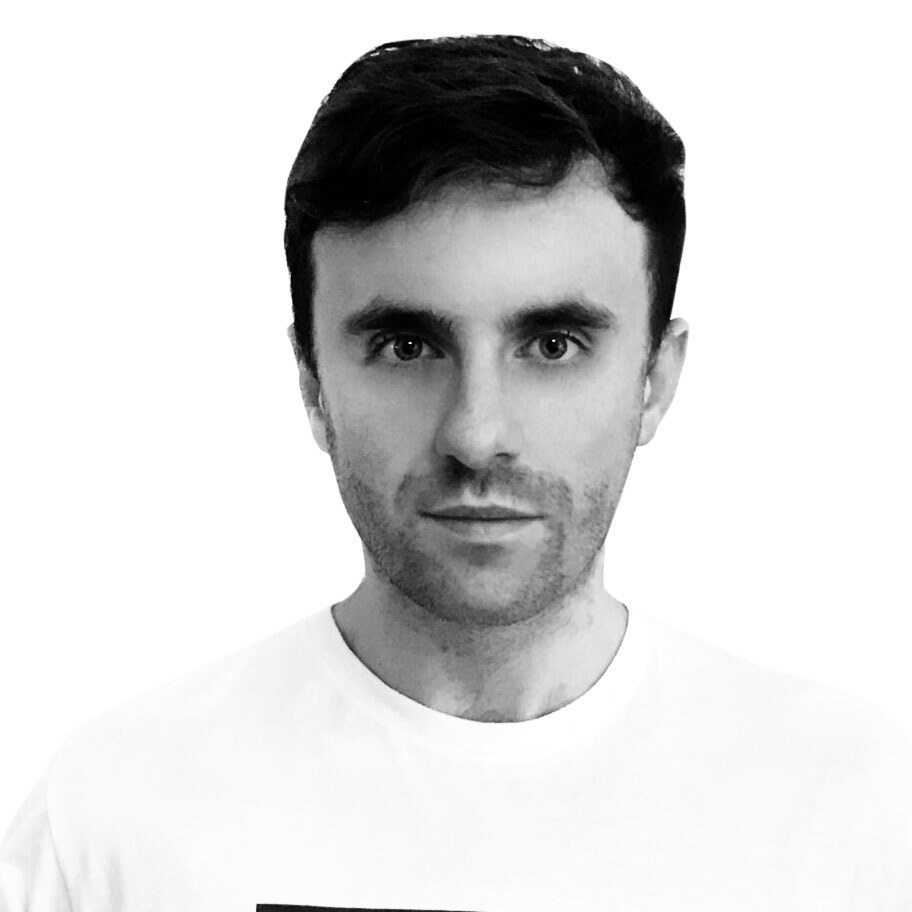When actor Christopher Plummer passed away in February, cinema lost a legend. Fans reflected on his most memorable roles, from The Sound of Music to Knives Out. Plummer’s portrayal of Captain von Trapp was probably his most beloved performance. It’s easy to see why: he’s a stern and decidedly old-school father figure, with an anger that quickly melted away when he chose to stop fighting the sexual tension and fall in love with Maria (Julie Andrews). Captain von Trapp will go down as one of the most thirsted-after dads in cinematic history. In fact, it’s not outrageous to call him cinema’s original DILF.
Since Plummer made people horny for a strict dad with a sensitive side, cinema has given us DILFs of all varieties. In The Parent Trap (1999), Dennis Quaid played Lindsay Lohan's hot dad, complete with a vineyard, an evil twentysomething girlfriend and a pattern of abandonment that triggered everyone’s daddy issues. There’s Jude Law as Graham (aka ‘Mr Napkinhead’) in The Holiday (2006), the eternally ageless Paul Rudd as beta dad Pete in Knocked Up (2007) and John Krasinski saving his family (including real-life wife Emily Blunt) from killer aliens in A Quiet Place (2018). Other actors who’ve played DILFs over the years are Idris Elba (Obsessed), Jake Gyllenhaal (Wildlife), Colin Farrell (Saving Mr. Banks) and Henry Golding (A Simple Favor). Bizarrely, yet entirely unsurprisingly, gay Twitter even started thirsting en-masse over the “hot dad” from Pixar’s 2015 animated film Inside Out.
Fatherhood and attractiveness seem to be linked, both in the “real world” and on screen. “Dad bod” has become the most lusted-after body type, apparently, with studies confirming that men who are dads—particularly those who are considered “good dads”—are viewed as more attractive than men without children. Studies also show that we’re more likely to like and trust people we find hot.
Cinema has both reflected and influenced our ideas of what makes someone a good, bad, and fuckable dad. In Marriage Story (2019), Laura Dern plays hotshot L.A. divorce lawyer Nora Fanshaw. In a now-iconic monologue, Dern’s character explains to her client Nicole Barber (Scarlett Johansson) why she will always be held to a higher standard than her estranged husband Charlie, who is played by Adam Driver—another man the internet continually thirsts over. “We can accept an imperfect dad. Let’s face it, the idea of a ‘good father’ was only invented, like, 30 years ago,” she says. “Before that, fathers were expected to be silent and absent and unreliable and selfish. And we can all say we want them to be different, but on some basic level, we accept them. We love them for their fallibilities, but people absolutely don’t accept those same failings in mothers.”
Classic Hollywood movies helped create the newly invented “good father” that Dern’s character mentions. As she said, fathers were often depicted as angry and absent men, who went on an emotional journey, like George Bailey in Christmas classic It’s a Wonderful Life (1946) or Mr. Banks in Mary Poppins (1964). Withdrawn fathers like the super-strict Mr. Banks and Captain von Trapp we first meet—who believed that children were to be seen and not heard—were much more representative of what real-life fathers were like at the time. The warm, fuzzy “good fathers” who emerged at the end of these films, singing and dancing with happiness, were more fantasy than reality.
Film critic Tim Robey tells The Daily Beast that he’s noticed a shift away from this old-school warmth. “‘Old school nice-y’ dads eventually transitioned into ‘overprotective and vengeful,’” he says. “In cases like Sean Penn in Mystic River or Liam Neeson in the Taken films, they’re very much ‘vendetta dads.’” These fathers are permitted to feel a narrow set of emotions, including anger and vengeance. Particularly in historical settings, they are commonly presented as heroic, like Leonardo DiCaprio in The Revenant or Russell Crowe in Gladiator. These men tend to be emotionally withdrawn and preoccupied with trying to “fix” something, even if it’s conquering their own grief—like John Cho’s search for his missing daughter in Searching, or Casey Affleck’s portrayal of a guilt-ridden loner who was thrust into fatherhood by tragedy in Manchester by the Sea. “Vendetta dads” aren’t always “bad dads,” (well, not intentionally, anyway). But they often are: “Films these days often make the dad kind of a marginal figure who’s halfway out the door, or obstructive to the happiness of others,” says Robey. “Like Kyle Chandler in Carol.”
Cinema’s penchant for emotionally withdrawn men and fathers with a score to settle could be related to changing norms around gender. In the classic Hollywood era, fathers were almost always the default head of the household, but that status is now less secure. So leading men who shoot guns instead of talking about their feelings, stick to an approved list of supposedly “manly” emotions, and always seem to have the last word might be cinema’s response to this shift.
Right now, different visions of masculinity are being politicized. In 2019, fatherhood was at the center of the culture war when Gillette released an ad that encouraged men to reject toxic traits like bullying and objectifying women. The ad sent men’s rights activists, Fox News pundits, and the Piers Morgans of the world into meltdown mode. But it follows a trend of films portraying “good fathers” who, unlike “vendetta dads,” tend to be outwardly emotional and empathetic, such as Ethan Hawke in Boyhood. Often they’re handsome too, like quintessential DILF Stanley Tucci’s loveable hippie in Easy A, or Josh Duhamel supporting his gay teen son in Love, Simon.
Film dads who support their LGBTQ+ kids are being increasingly admired online, in terms of both personality and thirst appeal, like Justin Timberlake in Palmer or Mark Wahlberg in Joe Bell. Robey thinks that cinema is trying to find new types of heroes through the prism of fatherhood, citing Mahershala Ali in Moonlight—a surrogate dad, of sorts, to another gay son—as an example of an important character who was adored and thirsted after in equal measure. Many Call Me by Your Name viewers also felt more attachment to Elio’s father (Michael Stuhlbarg), thanks to his tear-jerking closing monologue, than the film’s protagonists (excluding the peach, of course). “Steve Zahn in Cowboys is an interesting example too,” Robey says. “He’s a rumpled, woke dad who wants his trans son to live as he is. There weren’t many examples of that 30 years ago.”
It’s easy to make supportive dads into on-screen heroes, particularly if they’re easy on the eye. As Laura Dern’s Marriage Story monologue noted, the expectations for fathers are both newer and lower than they are for mothers. Male characters of all types have traditionally been written with more depth too, by teams of writers who are also mostly male, so the threshold at which admiration becomes objectification and the power dynamics behind that are very different too.
Thankfully, films are also littered with hot antiheroes who prove that tousled hair and a chiseled jaw don’t make someone a good man or father. In Juno, DILF-to-be Mark (Jason Bateman) bailed on his wife (Jennifer Garner) before his adoptive daughter was born. In The Kids Are All Right, motorcycle-riding eco-himbo Paul (Mark Ruffalo) went from handsome sperm donor to manipulative homewrecker. And in Gone Girl, despite showing some excellent side-dick in the shower, walking midlife crisis Nick (Ben Affleck) was hardly the model prospective parent, either. (But considering who he was married to, maybe we’ll give him a pass!).
It makes sense that a pivotal moment in Marriage Story was a reflection on what makes a “good father” and its importance in society. After the film was released, the internet was divided on Adam Driver’s portrayal of Charlie and whether his ex-wife was unfairly characterized as the villain of the film. Charlie alternated between being a supportive, sensitive dad—who even by his wife’s admission was a great father—and a man who became vendetta-driven and angry as he was forced to choose between his ambitions and his son. He was a “good dad,” a “vendetta dad,” and a DILF (of sorts), all at different points.
As the way we perceive and discuss masculinity keeps changing, expect cinema to reflect more nuanced, complicated looks at fatherhood—and plenty more dads we’d like to fuck.


